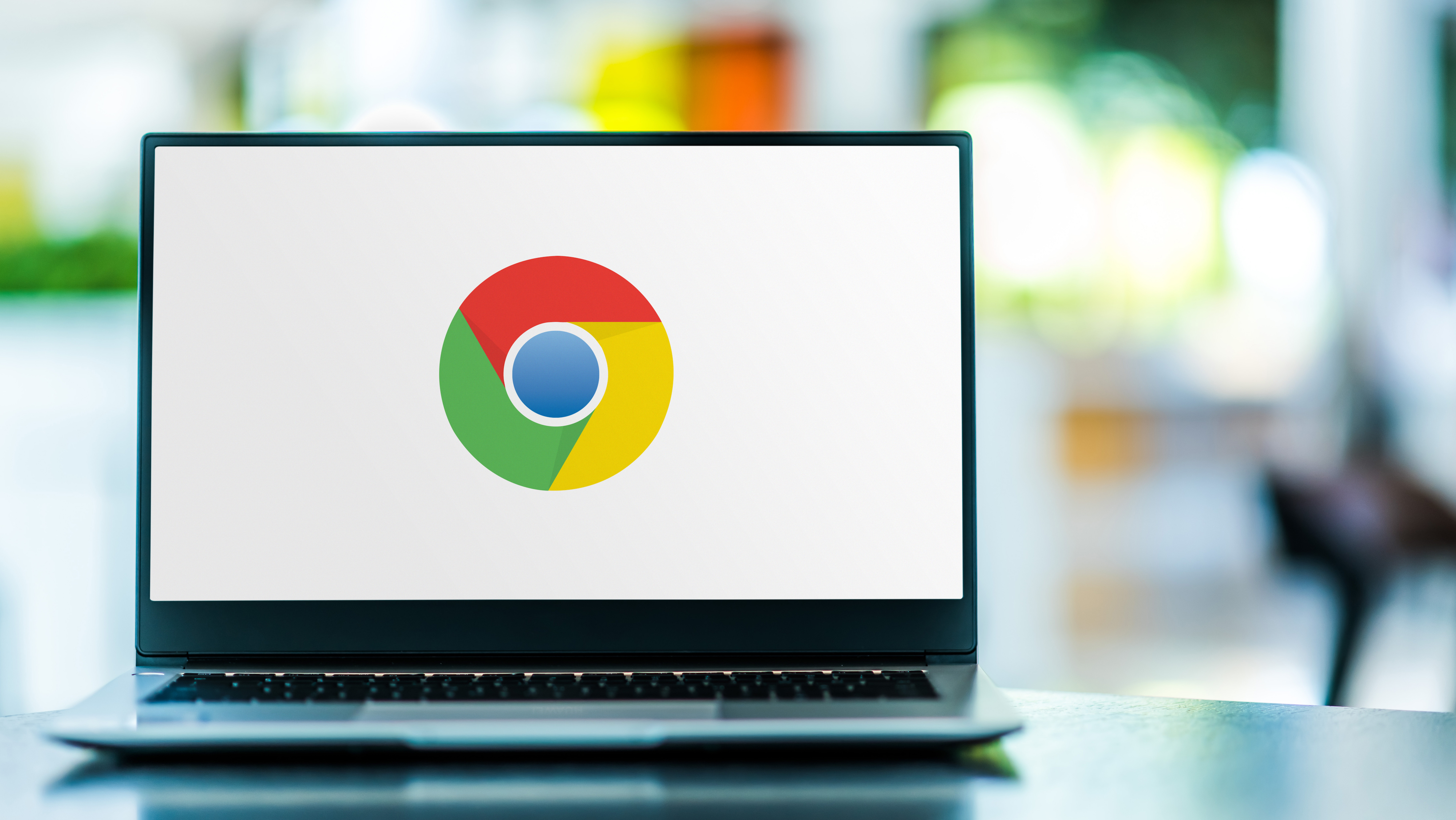I don’t plan on buying another Apple or Samsung phone — here’s the 3 reasons why
Variety is the spice of life
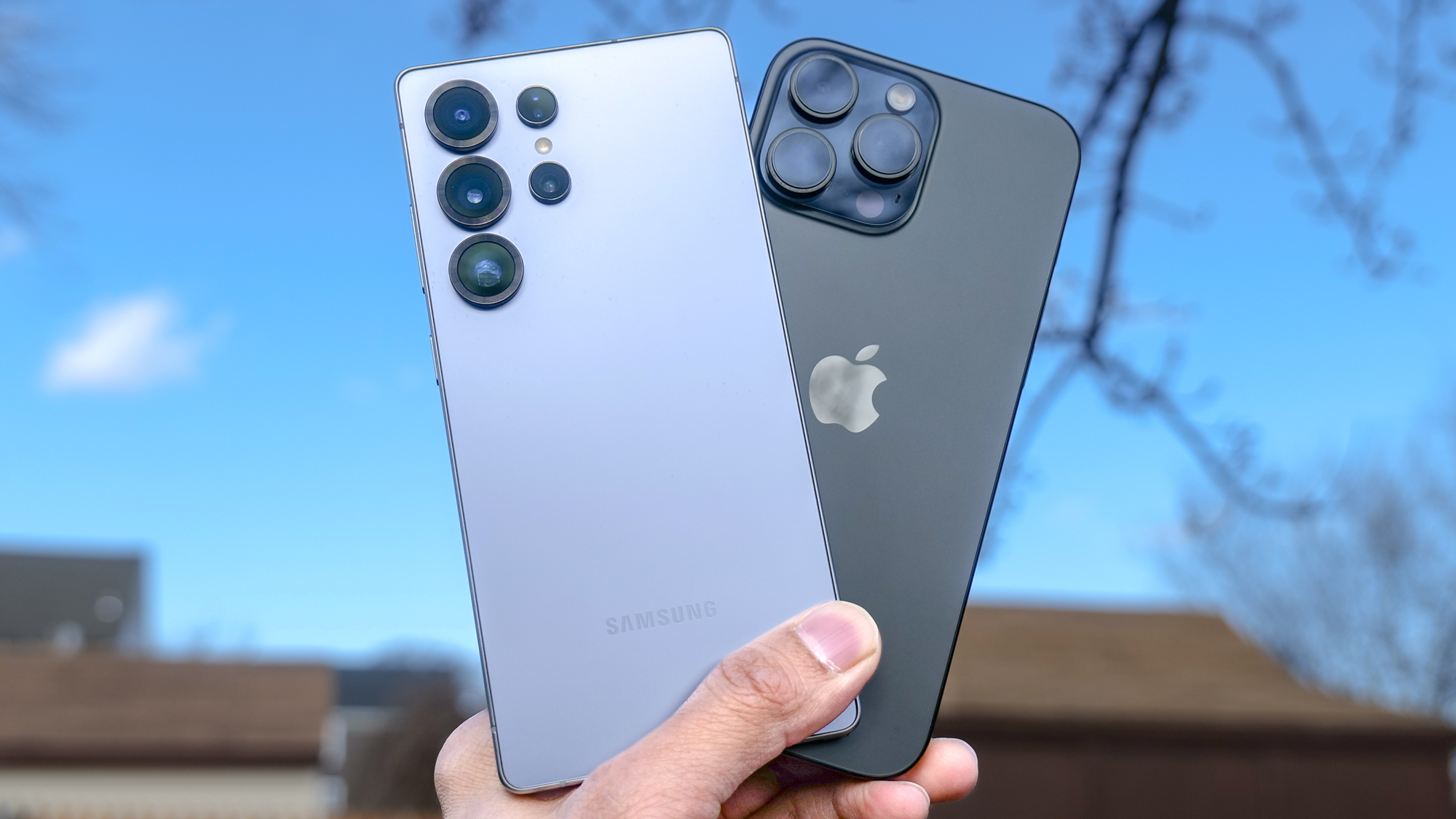
Recently, I have been thinking about what I want to do when I upgrade to my next phone. What has surprised me is that I have no interest in moving on to the next generation of either Apple or Samsung devices.
For a bit of history, I have been a fan of Apple for most of my adult life and have an iPhone 15 Pro Max. I stayed with Apple partially because I had a Mac and my parents have iPhones, so it made sense to be part of the Apple ecosystem.
However, over time, I found a love for some Samsung phones as well — especially the Galaxy Z Fold 5. However, over time I’ve found that both Apple and Samsung aren’t really capturing my interest anymore.
This is a bit of an issue because eventually I'm going to have to upgrade. The issue is that phone makers eventually stop adding security updates for devices, leaving you vulnerable to threats from hackers.
So, with that in mind, I had a thought: why not look at phones from different companies? We have seen a lot of great devices coming from phone makers like OnePlus and Nothing Phones, or even Google, if you want a more well-known brand.
Here's why I'm looking beyond the iPhone and Galaxy for my next phone.
AI isn’t the be-all and end-all for me
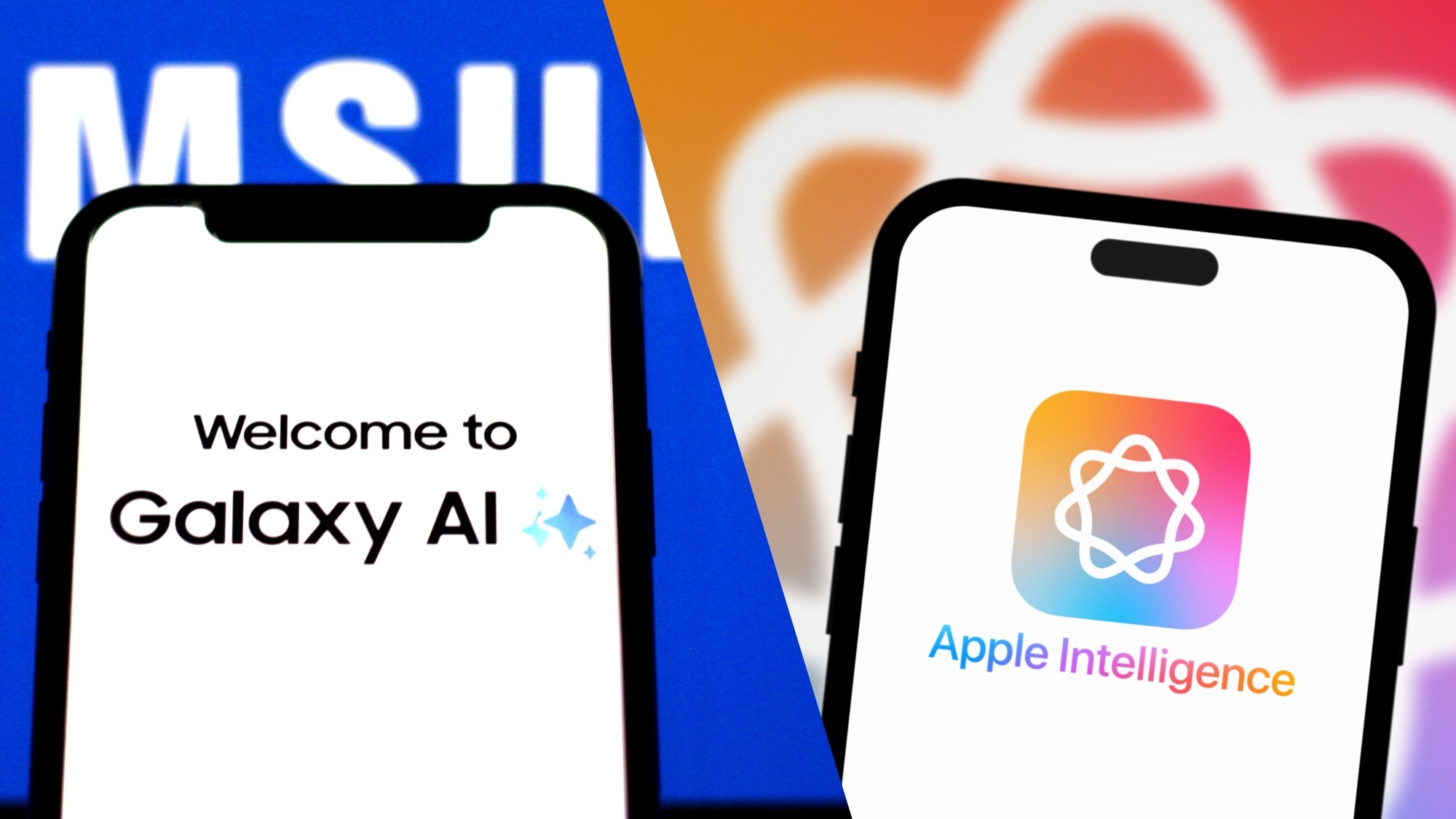
If you look at a modern phone ad you'll likely notice that one of the big focuses is on AI. Both Apple and Samsung have put a lot of marketing muscle behind Apple Intelligence and Galaxy AI.
Now, that isn't to say that other companies don't do this, but both the iPhone and Galaxy series seem to have made it their focal point.
While these features are all very impressive, I don’t use AI all that much in my day-to-day life — heck, I only talk to Siri when I’m in the car — and as such, it's not something I focus on. This means that when I'm looking into buying a new phone, my focus is more on hardware than anything else.
Even if AI were something that would influence my decisions, Apple and Samsung aren't exactly the only names in the game. For instance, Google Gemini will work just as well on the Google Pixel 9 Pro as one the Galaxy S25 Ultra.
This focus on AI has led to another issue: the general lack of hardware changes.
Where is the hardware innovation?
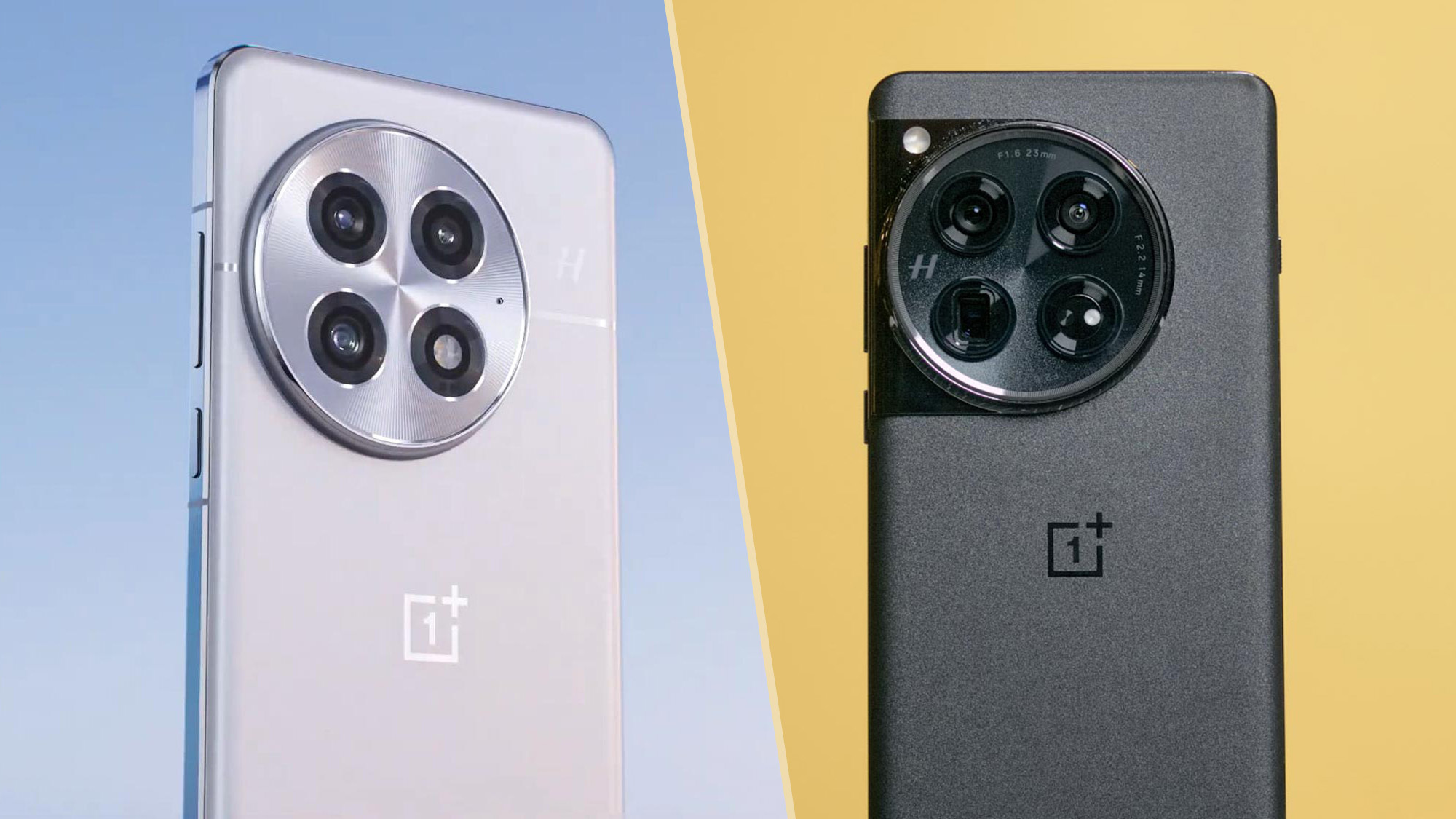
One of the main things I look at when I'm thinking about buying a new phone is the hardware. This has become an issue in recent years as companies have shifted their focus to AI and chips, while seemingly ignoring cameras and displays.
Now, I will say that this does make a certain level of sense. It enables companies to keep costs down, but there's a limit! For instance, the Galaxy S25 still features mostly the same camera setup as the Galaxy S23, which is nuts.
Meanwhile, the iPhone 16 series offers a new Camera Control button. This makes it easy to launch the camera, but there were already other ways to do this. You can also use the Camera Control to access Visual Intelligence, which makes it easy to look up info using your camera's live view. However, this isn't a feature that I’d ever buy a phone for.
You could argue that innovation just isn't possible with the level of hardware we currently have, or that the global market makes everything too expensive. However, if we look at other brands, we can see some major changes to the designs and some noticeable upgrades where it matters.
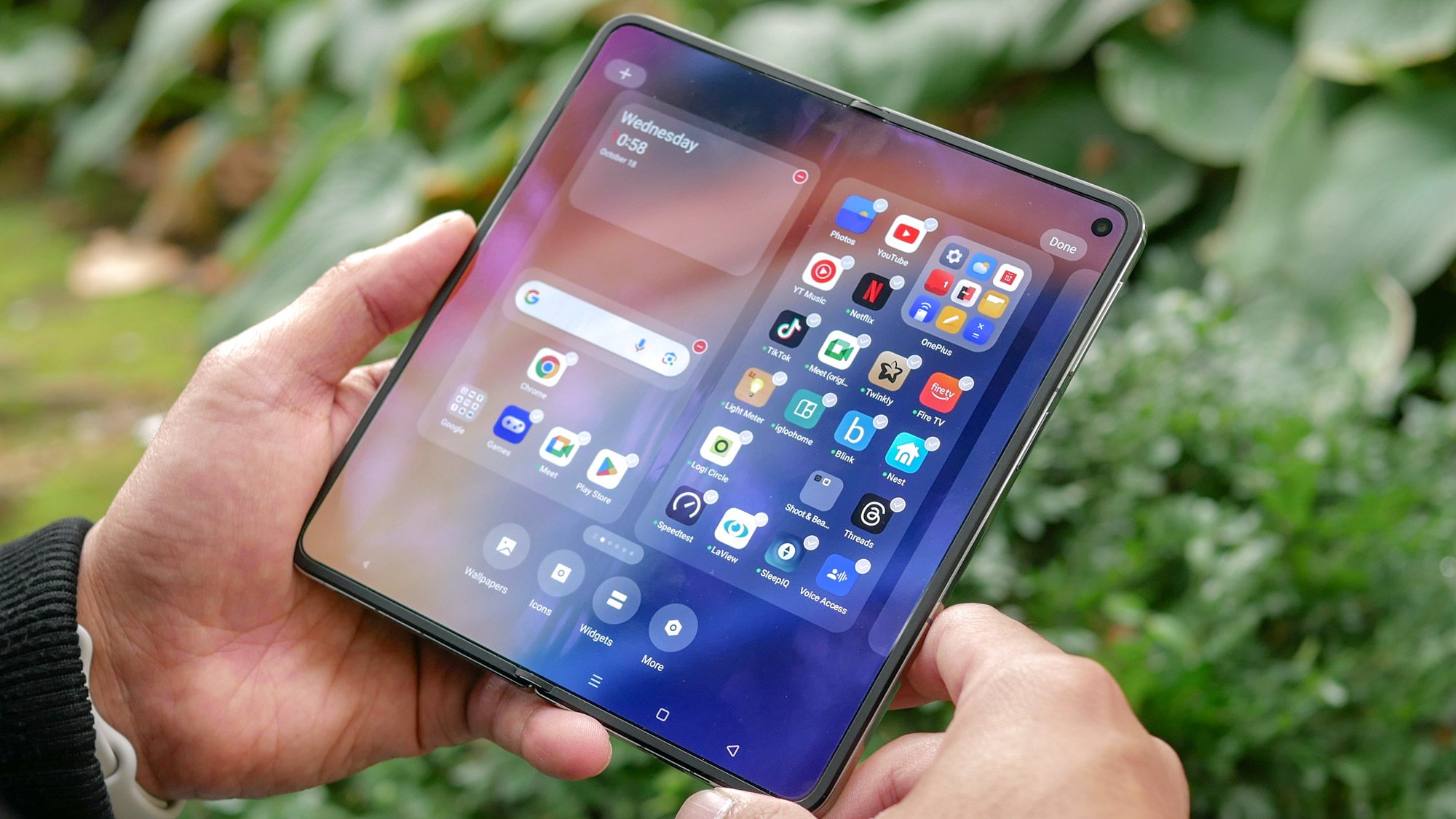
For instance, if you look at the differences between the OnePlus 12 vs OnePlus 13, compared to both Apple and Samsung, you'd see what I mean. Not only do you get more RAM, but there are also new cameras and a much larger battery. I'm not saying it's leaps and bounds, but it feels like you're getting more for your money
Let's talk about pricing
Finally, there’s the price of today's Apple and Samsung flagships, and this is a pretty major issue. I’ve already touched on it before, but essentially, both companies charge a premium price for their devices, even if they aren’t always up to the level of the competition.
Apple offers the iPhone 16e for $599. But you could pick up the very capable Nothing Phone (2a) Plus for only $399. You get a larger 120Hz display, an ultrawide camera, double the storage and longer battery life — all for $200 less.
If we look at foldables again, the Samsung Galaxy Z Fold 6 was released for $1,899. Now, there’s no getting past that it is a good phone, but it isn’t the best. Based on our testing, the OnePlus Open is the best foldable phone and it costs $1,699.
Meanwhile, when it comes to affordable phones, Apple offers the iPhone 16e, which costs $599. But you could pick up the very capable Nothing Phone (2a) Plus for only $399. You get a larger 120Hz display, an ultrawide camera, double the storage and longer battery life — all for $200 less.
The issue is that if Apple and Samsung want me to frequently upgrade my device, they need to offer more than a few minimal changes. This is especially true if they want to keep charging the same amount, or even increasing the price.
With all that said, there will always be people who want to buy from the biggest brands, and there’s nothing wrong with that. I just don't plan on being one of them.
Let me know if you’ve been tempted to move away from Apple or Samsung, or if you’re planning on sticking with them.
More from Tom's Guide
Sign up to get the BEST of Tom's Guide direct to your inbox.
Get instant access to breaking news, the hottest reviews, great deals and helpful tips.

Josh is a staff writer for Tom's Guide and is based in the UK. He has worked for several publications but now works primarily on mobile phones. Outside of phones, he has a passion for video games, novels, and Warhammer.
You must confirm your public display name before commenting
Please logout and then login again, you will then be prompted to enter your display name.
